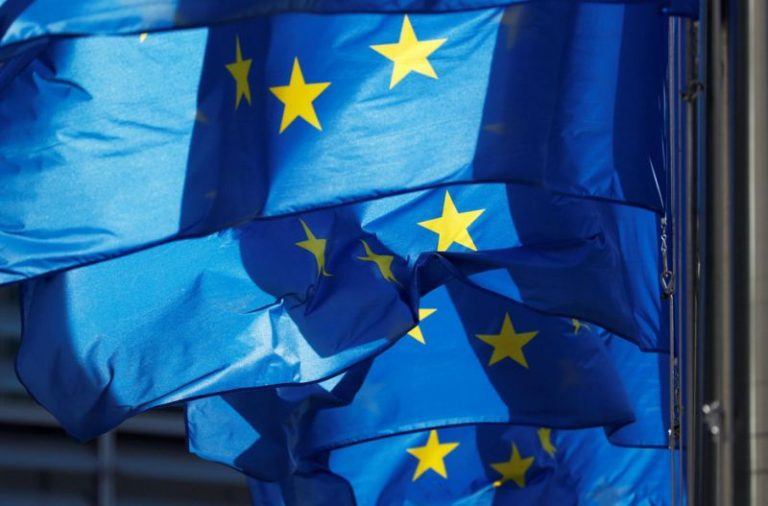What just happened? All weekend, news trickling out of Brexit talks became more and more positive. By Sunday lunchtime EU diplomats were certain a deal had been agreed. Dominic Raab, the Brexit secretary, headed out to Brussels to confirm it all – or so we thought.
Then the Brexit roller coaster hit yet another big dipper: after a shorter-than-expected meeting between Raab and Michel Barnier, it was all off again, and we were, in the words of one official “back to square one”.
Anyone following these talks will have become accustomed to twists and turns, but with this week’s European Council summit looming – the “moment of truth” – the stakes are higher than ever. The Irish border, and the so-called “backstop” is the sticking point.
A deal of sorts appears to have been agreed: The Independent understands that an agreement at a technical level – between officials – was struck. But agreement at a political level is a different question entirely.
Talks are shrouded in secrecy, and leaks from them are prone to spin. But as far as we can tell EU appears to have agreed to the UK plan that would, with some caveats, keep the whole UK inside the customs union to prevent any borders around Northern Ireland – either between it and Great Britain, or it and Northern Ireland.
This had been proposed by the UK to placate the DUP – who want no difference in treatment between Northern Ireland and the rest of the UK, and who say they would sink any deal that did. Most people believe they’re single-minded enough to carry through on their threat.
But sources say Brussels is sceptical that this plan would work – and so are insisting on what has been dubbed “the backstop to the backstop”. The thinking here goes that if the UK’s political instability means that if trade talks collapse and the UK has second thoughts about being tied to the EU customs union, the original EU plan to prevent a hard border between Ireland and Northern Ireland would step up.
But this was unacceptable to the British government, who don’t think they could get even this past the DUP.
There is a fundamental tension for the UK government which restricts their freedom to compromise in talks: lean towards a customs union for the whole UK to placate the DUP, and Tory Eurosceptics get angry because they want to be outside the customs union. But lean too hard the other way, and make the backstop more specific to Northern Ireland, and the DUP withdraw their votes.
Read more HERE
Ask me anything
Explore related questions





